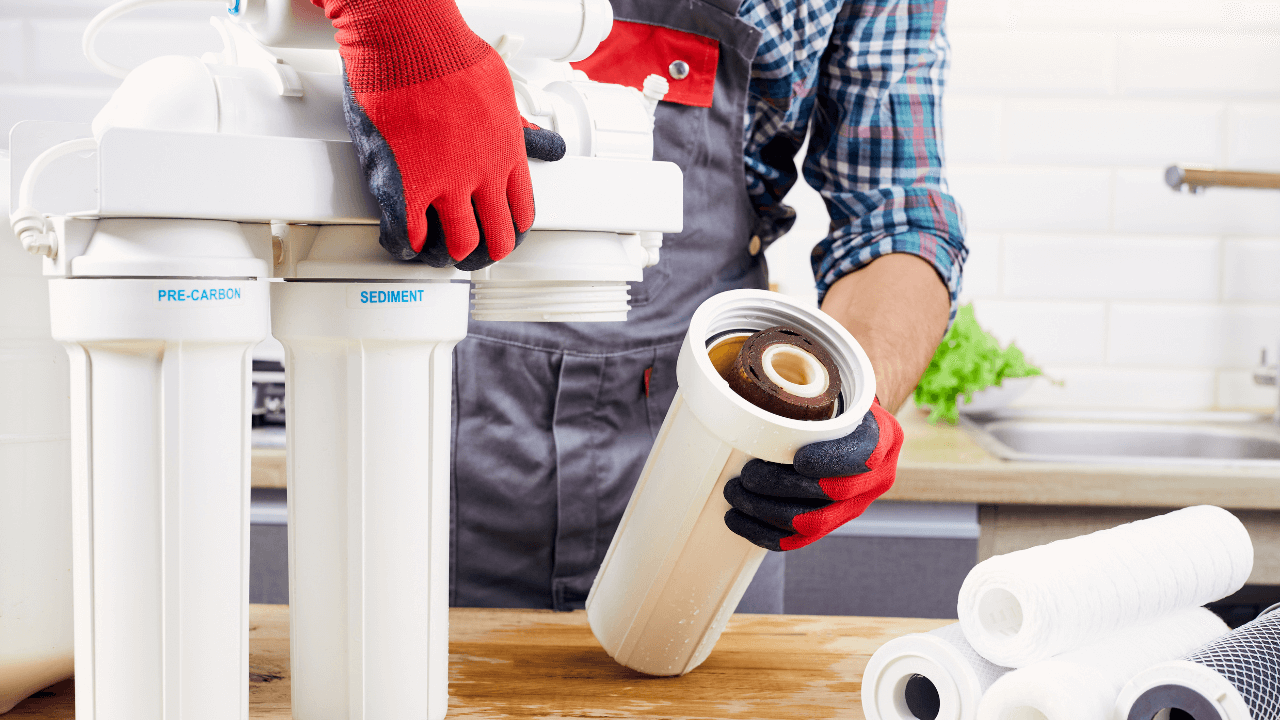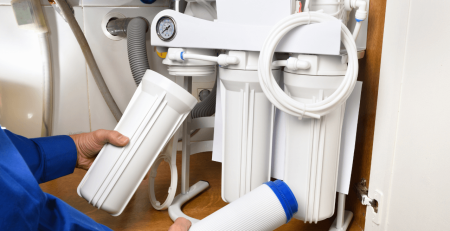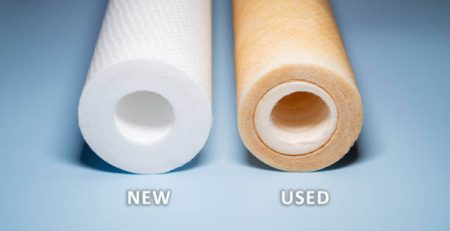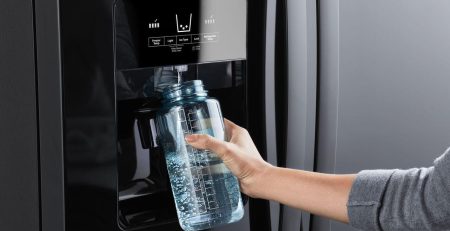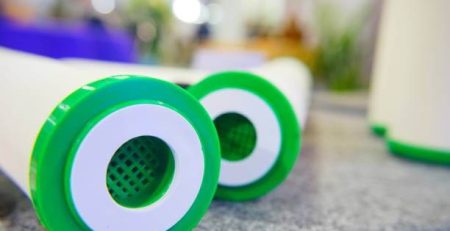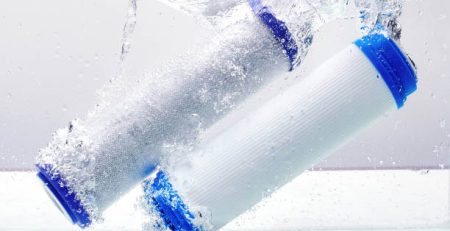The Future of Refrigerator Water Filtration Technology
Water is essential for life, and ensuring its purity is a top priority for many households. As technology evolves, so does our ability to filter water more effectively. The refrigerator water filtration technology, a cornerstone in modern kitchens, is poised for significant advancements. In this blog, we will delve into the future of refrigerator water filtration technology, highlighting key innovations and their potential impact on health, convenience, and environmental sustainability.
The Evolution of Refrigerator Water Filtration
Early Filtration Methods
In the early days, refrigerator water filtration was simple and rudimentary, often involving basic carbon filters that could remove only large particulates and some chlorine. These filters improved taste and odor but were limited in their ability to address a broader range of contaminants.
Modern Filtration Technologies
Today’s refrigerator filters are far more sophisticated, utilizing multi-stage filtration processes that can remove a wide array of contaminants, including heavy metals, pesticides, pharmaceuticals, and even microorganisms. Technologies such as activated carbon, reverse osmosis, and UV purification have set the standard for current filtration systems.
Emerging Trends in Refrigerator Water Filtration
Nanotechnology
Nanotechnology is one of the most promising developments in water filtration. Filters incorporating nanomaterials like graphene oxide and carbon nanotubes can remove contaminants at a molecular level, offering unprecedented purity. These materials have large surface areas and unique properties that make them highly effective in trapping and neutralizing harmful substances.
Smart Filters
The integration of smart technology into refrigerator water filters is another exciting trend. Smart filters equipped with sensors can monitor water quality in real-time, alert users when it’s time to replace the filter, and even track water consumption. This not only ensures consistent water quality but also enhances user convenience and efficiency.
Sustainable Filtration Materials
Sustainability is becoming a key focus in all areas of technology, and water filtration is no exception. Future filters will likely incorporate more eco-friendly materials and designs, reducing waste and environmental impact. Biodegradable filter components and reusable filter housings are examples of innovations aimed at promoting sustainability.
Enhancing Health and Safety
Advanced Contaminant Removal
As our understanding of waterborne contaminants grows, so does the need for advanced filtration technologies. Future refrigerator water filters will be designed to target emerging contaminants, including microplastics, endocrine-disrupting chemicals, and new strains of bacteria and viruses. These advancements will significantly enhance the safety and health benefits of filtered water.
Antimicrobial Technologies
Incorporating antimicrobial technologies into water filters can help prevent bacterial growth within the filter itself. Materials like silver nanoparticles have been shown to inhibit microbial activity, ensuring that the water remains safe and pure throughout the filter’s lifespan.
User-Friendly Innovations
Extended Filter Lifespan
One of the primary inconveniences of current water filters is the frequent need for replacement. Future filters will likely have extended lifespans, thanks to more efficient filtration media and self-cleaning mechanisms. These innovations will reduce maintenance requirements and costs for consumers.
Universal Compatibility
Standardizing filter sizes and connections could lead to universal compatibility across different refrigerator brands and models. This would simplify the replacement process and provide consumers with more options, ensuring they can always find a suitable filter for their fridge.
Environmental Impact
Reducing Plastic Waste
Traditional water filters contribute to plastic waste due to their disposable nature. Future innovations will focus on reducing this waste by developing filters that use less plastic or are entirely recyclable. Some companies are exploring refillable filter cartridges and filter subscription services to further minimize environmental impact.
Energy Efficiency
Improving the energy efficiency of water filtration systems can also contribute to environmental sustainability. Future refrigerator water filters may incorporate low-energy consumption technologies, reducing the overall energy footprint of the appliance.
The Role of IoT and AI
Real-Time Monitoring and Maintenance
The Internet of Things (IoT) and Artificial Intelligence (AI) are set to revolutionize refrigerator water filtration. IoT-enabled filters can communicate with other smart devices, providing real-time data on water quality and filter performance. AI algorithms can predict when a filter will need maintenance or replacement, optimizing the filtration process and ensuring consistent water quality.
Personalized Filtration
AI can also enable personalized filtration, where the system adapts to the specific water quality issues in a given location. By analyzing data on local water supplies, AI-driven filters can adjust their filtration processes to address the most prevalent contaminants, offering customized solutions for each household.
The Future Market for Refrigerator Water Filtration
Growing Consumer Awareness
As consumers become more aware of the importance of clean water, the demand for advanced filtration technologies is expected to rise. Increased media coverage on water contamination issues and the health benefits of filtered water will drive market growth and innovation in this sector.
Competitive Landscape
The refrigerator water filtration market will likely become more competitive as new players enter the field and existing companies innovate. Brands that invest in research and development, focusing on cutting-edge technologies and sustainability, will stand out in this evolving market.
Challenges and Considerations
Cost
One of the main challenges in advancing refrigerator water filtration technology is cost. High-tech filters, especially those incorporating nanotechnology or smart features, can be expensive to produce. Balancing affordability with innovation will be crucial for widespread adoption.
Regulatory Standards
As filtration technologies evolve, regulatory standards will need to keep pace to ensure consumer safety. Stricter regulations on water filter performance and transparency in filter testing will be essential to maintain public trust and protect health.
Consumer Education
Educating consumers about the benefits and proper maintenance of advanced water filters will be important. Many people are unaware of the specific contaminants that can be present in their water or how modern filtration technologies can address these issues. Effective communication from manufacturers and retailers can help bridge this knowledge gap.
Conclusion
The future of refrigerator water filtration technology is bright, with numerous advancements on the horizon that promise to make our water cleaner, safer, and more accessible. From nanotechnology and smart filters to sustainable materials and AI-driven solutions, these innovations will address the growing concerns over water quality and environmental impact.
Brands like Filter For Fridge are at the forefront of this revolution, continually researching and developing new technologies to meet the demands of modern consumers. As we look ahead, it is clear that the refrigerator water filtration systems of tomorrow will not only enhance our health and convenience but also contribute to a more sustainable and informed approach to water consumption.

